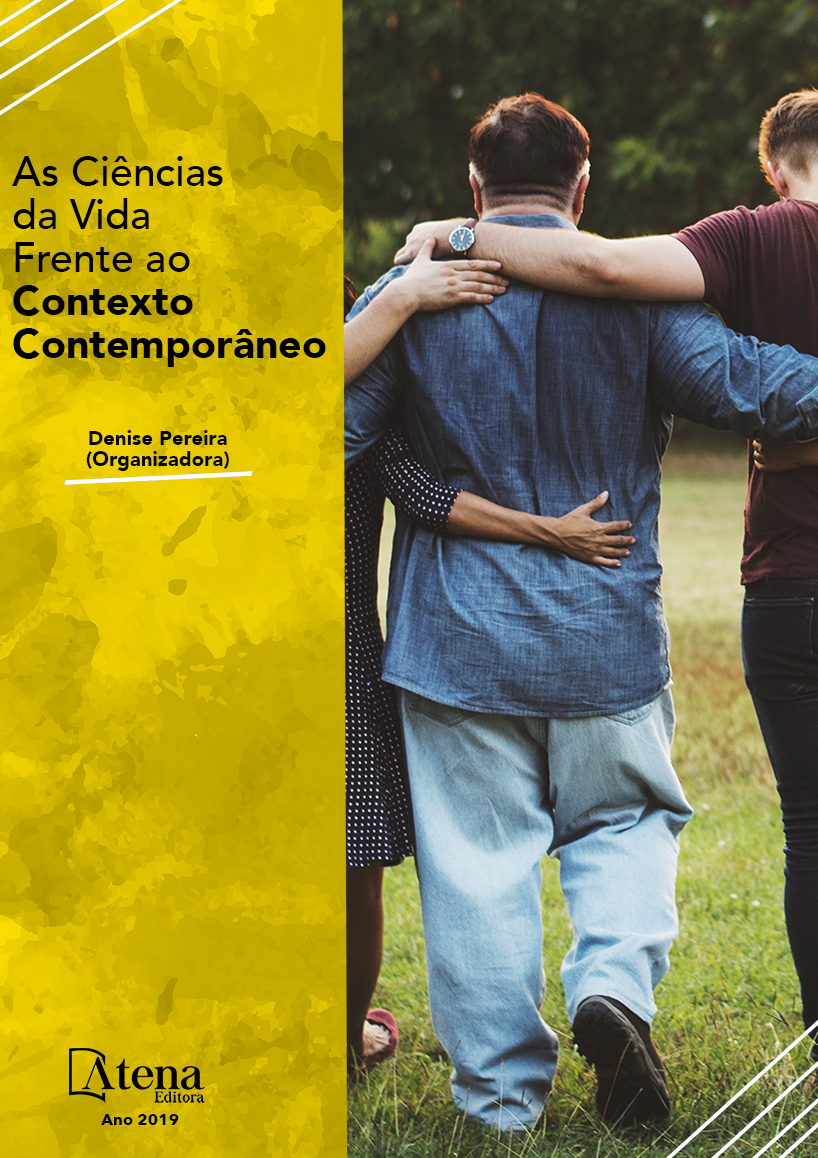
PRÁTICAS EDUCACIONAIS ESCOLARES: CONTRIBUIÇÕES DA ANÁLISE DO COMPORTAMENTO
Nessa produção aproximaremos dois
campos de estudo; a psicologia comportamental
e a pedagogia, a fim de realizarmos um
diálogo sobre práticas educacionais escolares
de ensino a partir do enfoque da Análise do
Comportamento. O objetivo geral da pesquisa
consistiu em investigar como a Análise do
Comportamento pode contribuir para o
desenvolvimento de práticas educacionais
escolares não- coercitivas. O método da
pesquisa consistiu em uma revisão da literatura,
nos principais periódicos brasileiros em Análise
do Comportamento. Para a realização da
seleção do material elencou-se os seguintes
descritores: educação; educacionais; ensino;
sala de aula; coerção; controle aversivo e
controle coercitivo. Como resultados temos
a oposição dos Analistas do Comportamento
sobre uso de práticas educacionais escolares
coercitivas; quando estes desaconselham
e apontam os efeitos colaterais do uso da
coerção no ambiente escolar. Os resultados
apresentam ainda as contribuições da Análise
do Comportamento no desenvolvimento destas
práticas educacionais escolares não-coercitivas,
as quais são pautadas na concepção de; ensino
e aprendizagem sem erro, noção de reforço
positivo, delegações a comunidade escolar
para a promoção de práticas educacionais
positivas; a formação de professores e os
benefícios da boa relação professor aluno para
o aprendizado destes. A operacionalização de
práticas educacionais não-coercitivas aparece
nas propostas de: programas e técnicas de
ensino programado, economia de fichas,
brincar como prática pedagógica, aplicação do
reforço positivo contingente, comportamento
do professor como modelo, emissão de reforço
direcionado ao aluno e atenção positiva. Concluise
que com base nas produções em Análise
do Comportamento é necessário e possível a
efetivação de práticas educacionais escolares
não-coercitivas no cenário educacional.
PRÁTICAS EDUCACIONAIS ESCOLARES: CONTRIBUIÇÕES DA ANÁLISE DO COMPORTAMENTO
-
DOI: 10.22533/at.ed.30219020420
-
Palavras-chave: Análise do comportamento, Educação, Práticas Educacionais.
-
Keywords: Behavioral analysis, Education, Educational Practices.
-
Abstract:
In this production we will approach two fields of study; behavioral
psychology and pedagogy, in order to conduct a dialogue on educational practices of
school education based on the Behavior Analysis approach. The general objective of the
research was to investigate how Behavior Analysis can contribute to the development of
non-coercive school educational practices. The research method consisted of a review
of the literature, in the main Brazilian journals in Behavior Analysis. For the selection
of the material, the following descriptors were listed: education; education; teaching;
classroom; coercion; aversive control and coercive control. As a result we have the
opposition of the Behavior Analysts on the use of coercive school educational practices;
when they discourage and point out the side effects of the use of coercion in the school
environment. The results also present the contributions of the Analysis of Behavior in the
development of these non-coercive school educational practices, which are based on
the conception of; teaching and learning without error, notion of positive reinforcement,
delegations to the school community for the promotion of positive educational practices;
teacher training and the benefits of good student teacher relationship to the learning
of these. The implementation of non-coercive educational practices appears in the
proposals of: programs and techniques of programmed teaching, economy of chips,
playing as pedagogical practice, application of contingent positive reinforcement,
teacher behavior as a model, issuance of directed reinforcement to the student and
positive attention . It is concluded that based on the Productions in Behavior Analysis,
it is necessary and possible to implement non-coercive school educational practices in
the educational scenario.
-
Número de páginas: 15
- Rita de Cássia Ponte Prado
- Marlla Rúbya Ferreira Paiva Passos
- Morgana Magalhães da Penha


